Fellow travellers,
In the late 1960s, Soviet students and lecturers held a debate on the merits of Andrei Tarkovsky’s second feature, which had premiered to controversy in December ‘66 and would not be passed for release—slightly cut down—until 1971. Tarkovsky quotes from the debate’s transcript in his diary of September 1, 1970, and this speech from one of the film’s defenders sounds eerily familiar to us Suckers:
Almost every speaker has asked why they have to be made to suffer all through the three hours of the film. […] It is because the twentieth century has seen the rise of a kind of emotional inflation. When we read in a newspaper that two million people have been butchered in Indonesia, it makes as much impression on us as an account of a hockey team winning a match. The same degree of impression! We fail to notice the monstrous discrepancy between these two events. The channels of our perception have been smoothed out to the point where we are no longer aware. However, I don’t want to preach about this. […] Only the point is that there are some artists who do make us feel the true measure of things.
That closing description—attributed to a Maths professor—could either be of Tarkovsky himself or of Tarkovsky’s subject, the medieval monk and icon painter Andrei Rublev. This duality is, to say the least, appropriate for the film, being as it is about art and art-making—or, more precisely to its oblique, elliptical presentation, around art and art-making. How does one begin, or end, with something this fluid, that takes the complexities of the historical film (whereby it is about the era on screen and its era of production; about the figures on screen and the figures presenting them; and so on) to such esoteric, instinctual extremes? This is, to put it modestly, a biography of a Great Man—although it only rarely decides to analyse that man, and sometimes declines to involve him in the narrative at all. And, of course, much of this biography is completely made up.
Though ultimately named, simply, Andrei Rublev, this epic is better thought in terms of its original title, The Passion of Andrei, which would refer more generally to the events and hardships that surrounded its subject (played by Anatoly Solonitsyn). Tarkovsky and his co-writer, Andrei Konchalovsky, understand their biopic not as that of a Great Man in the classic sense, nor even its cousin, the wannabe “complex” picture of a Tortured Genius. Their Rublev is, rather, part of the landscape, something of a Great Conduit for a higher calling, a possibly divine talent—that which we call art. In other words, their subject is not presented necessarily as some special genius in and of himself. He is little more (yet no less) than a spiritual vessel who channelled his historical moment (and, to follow the mindset of both Andrei the monk and Andrei the filmmaker, his access to God) into something creative. Historically Great, yes, but the provenance of that greatness is here profoundly diffused.
This complex view of creative sensitivity—where the artist is at once passive, reactive and active, an onlooker and an agent, a face in the crowd and the story’s protagonist—infuses every part of the film and adds up less to another workaday hagiography than a living, breathing manifesto on the nature and meaning of artistic creation. It continues to demonstrate how cinematic biography can be used fully as cinema rather than the prosaic, over-plotted, essentially unimaginative point-and-shoot televisual garbage that comes around like clockwork every so-called awards season. (Tarkovsky once commented on filmmakers who rely on adaptation: “they have no ideas of their own. … If you stand for the truth, then you have to speak the truth. And if you do that it’s not always going to please everyone. So directors turn to adaptations.”)
This thoughtfulness is manifest in the film’s loopy structure, which sees the whole break down not just into its 11 given chapters (including prologue and epilogue) but into a galaxy of small details that reflect larger moments elsewhere across the running time. One of its governing “Russian doll” type motifs (credit to Eddie for that comparison) is to comment upon its own structure in various microcosms within that structure. (An example of this is the prologue, which climaxes with an instance of the film before us “becoming” the result of its ballooning protagonist’s innovation and struggle by literally giving us an airborne panorama; so too the whole film climaxes with the film simply exhibiting Rublev’s paintings to us and thereby “becoming” the result of Rublev’s struggle.) This is all something of a foreshadow to the film’s striking and satisfying final minutes—but again, this nonpareil quasi-biopic is not working towards such straightforward, cause-and-effect narrative teleologies as one would expect. Here’s, perhaps, a better framework: Andrei Rublev is a work of art, made up of small details, all about the small details that make a work of art.
The real key to understanding Rublev’s rhythms, dualities and contradictions comes with a short essay Tarkovsky wrote at the end of his life that constitutes the conclusion of his book, Sculpting in Time (completed and published in 1986). Here, the filmmaker posits that the most fulfilling approach to life rejects established social systems—including, necessarily, socialism, or at least the democratic socialisms that had been practised up to that point—but renounces, too, a rejection of society. One must instead be “responsible for [one]self,” to accept “the objective value and significance of the ‘I’ at the centre of [one’s] life on earth […] advancing towards the perfection in which there can be no egocentricity.” Having done this, one can participate more thoroughly, more responsibly, in the society, the community, surrounding them. In short, one must accept “society” as a collection of more-or-less altruistic individuals rather than something administrated by systemic governance, in order to start building a way forwards.
This naturally says a lot about Tarkovsky’s work in general, but Rublev seems to enact his particular politics the most directly, not least in the way the film’s lead undertakes a vow of silence that essentially walls him up from his fellow man before a crucial revelation about the role of the creative that drives him to speak again and reconnect with the people. The means by which Rublev presents “what we feel about the age of Rublyov” (per a later line from the director’s diaries) is so defined by rumination, ellipsis, digression and unresolved debate as to come perhaps closer to “life”—that oblique, unresolvable entity—than any of his later, still more experimental films.
It is this lived-in-ness, this sense of unfurling ideas straining against the ostensibly strict, “literary” structure, that sustains the film’s three unhurried hours. The rigorous use of unobtrusive editing, long takes and fluid, apparently observational camera movements bolster that thoughtful screenplay in a way that allows the work’s fractal nature to work as a sensory, lively—rather than purely intellectual—experience.
Why, then, are viewers made to “suffer” throughout this long film? Well, the simple answer is that, alongside the suffering, there is beauty, contemplation, bravery and even humour. Rublev is rugged and lyrical; an earnest attempt at a work of Russian nationalist art that also expresses its director’s singular perspective. It is, in many senses, extraordinarily difficult for anything positive to emerge from any point in history, be that the 1400s, the 1960s or the 2020s, but the film is keen to stress that something positive can still emerge. That Maths professor quoted above concludes his thought on the role of artists, and this film’s particular focus on suffering, thus:
… there are some artists who do make us feel the true measure of things. It is a burden which they carry throughout their lives, and we must be thankful to them.
Thanks, as ever, for listening. Please do go for a wander into the muddy wilderness and tell whomever you encounter.
—Calum & Eddie






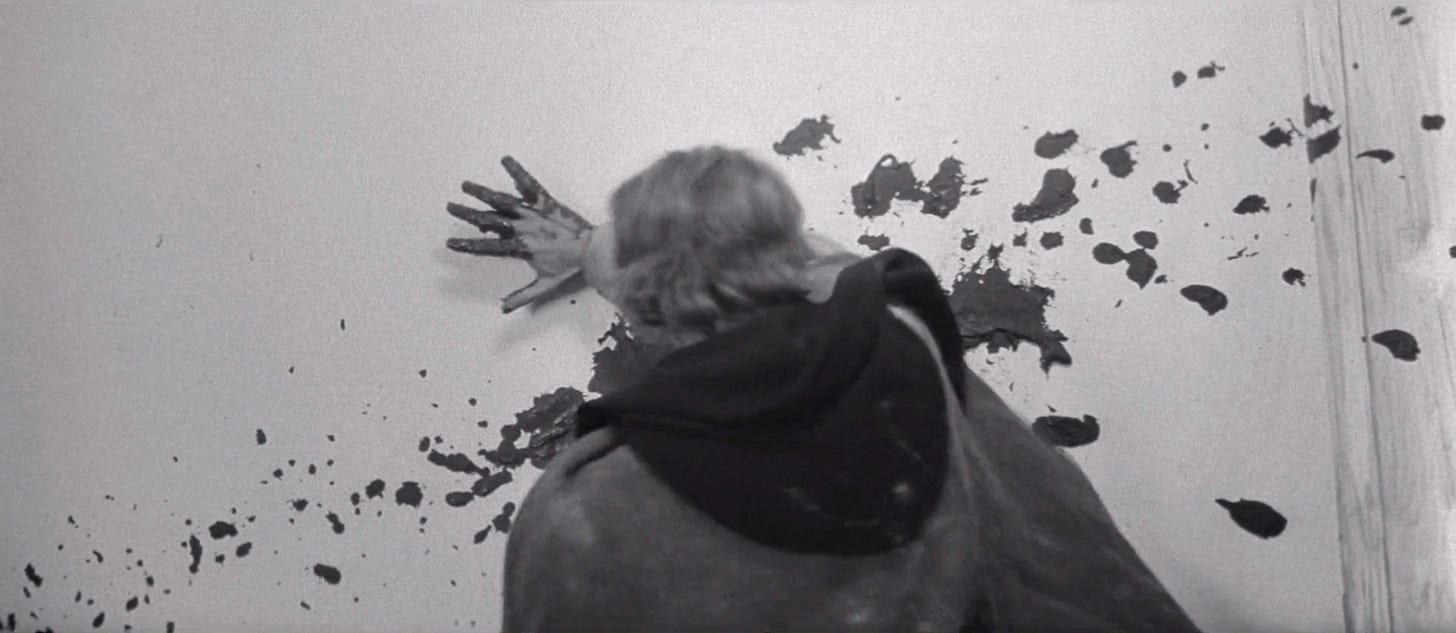



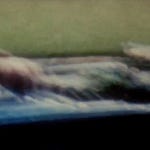
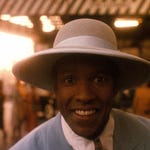

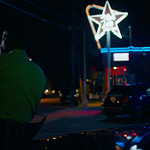

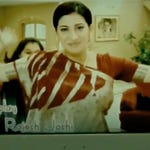

Share this post